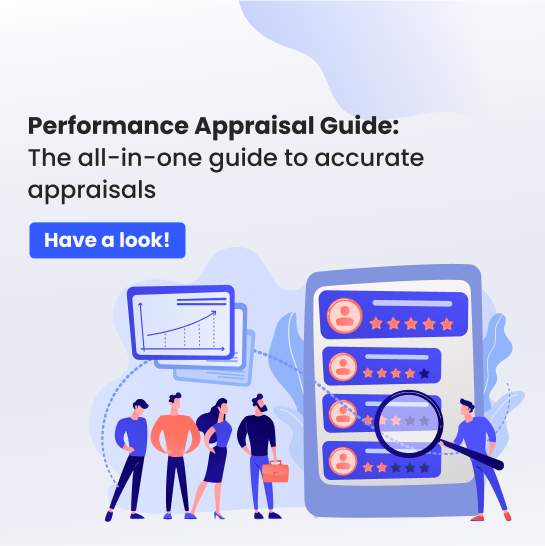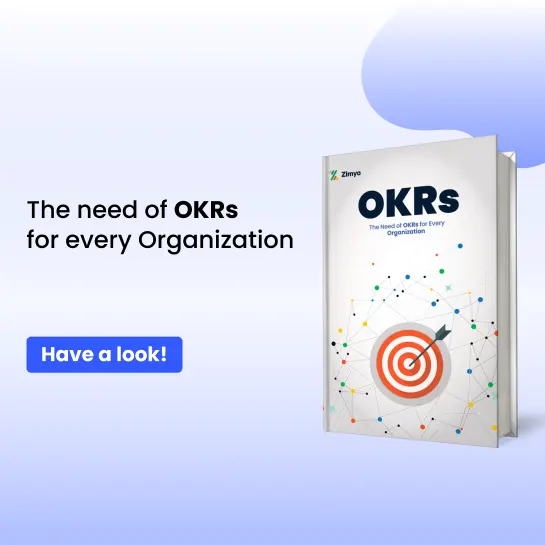Are you struggling to draft the perfect Performance Appraisal Questionnaire for your next review cycle? You’re not alone! Many HR managers find it difficult to create a questionnaire that covers all the necessary aspects of employee performance while being easy to understand. Don’t worry! Here, we will share the best questions to include in your Performance Appraisal Questionnaire that will help you make the most out of every performance review session.
What is Performance Appraisal?
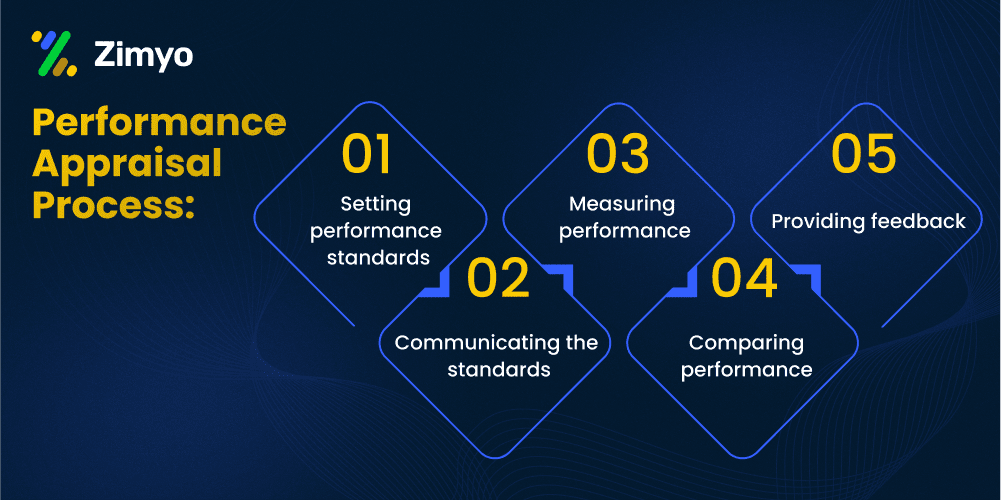
Performance appraisal is a structured process that helps evaluate an employee’s job performance. This process provides managers and employees with a clear picture of where improvements are needed and where employees excel. It helps organizations make informed decisions on promotions, compensation, and professional development. A well-designed Performance Appraisal Questionnaire plays a vital role in ensuring this process is fair and effective.
Why is Performance Appraisal Questionnaire Important?

Creating the right questions is key to understanding employee performance. A thoughtfully created Performance Appraisal Questionnaire helps both managers and employees reflect on the past year, set new goals, and identify areas for growth. When you ask the right questions, it leads to better feedback, improved performance, and more satisfied employees. Let’s dive into the best questions you can ask!
Key Objectives of a Performance Appraisal
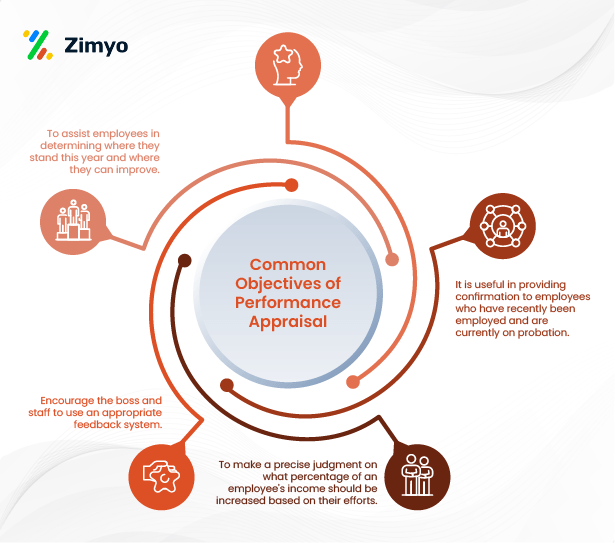
Before we get into specific questions, it’s important to know why we conduct performance appraisals in the first place. Here are some of the main objectives:
1. Providing Constructive Feedback
Feedback is essential for employee growth. You can’t improve if you don’t know what needs work, right? With the right Performance Appraisal Questionnaire, you can give your employees the constructive feedback they need to perform better.
2. Helping with Promotions
Performance appraisals help organizations make informed promotion decisions. If employees are meeting their targets, a well-crafted Performance Appraisal Questionnaire can make it easier to identify those ready for the next step.
3. Boosting Employee Morale
No one likes feeling stuck in their role. A good Performance Appraisal Questionnaire should motivate employees by showing them how they can improve and what they are doing well.
4. Setting Future Goals
When you ask the right questions, you help employees set SMART (Specific, Measurable, Achievable, Relevant, Time-bound) goals for their future development.
Types of Performance Appraisal Methods & Questions to Ask
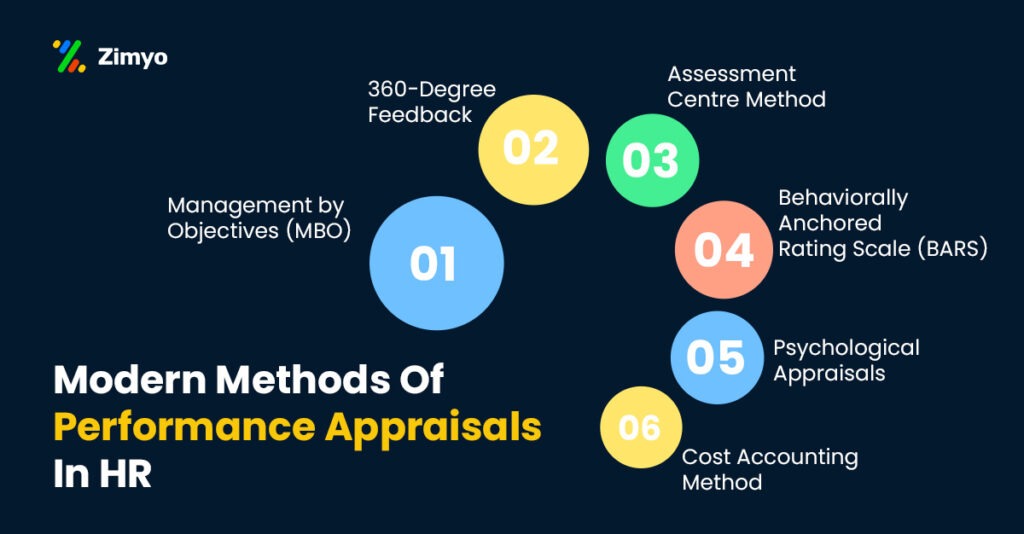
Different appraisal methods require different sets of questions. Here are some common methods along with example questions that can be included in your Performance Appraisal Questionnaire.
1. Management by Objectives (MBO)
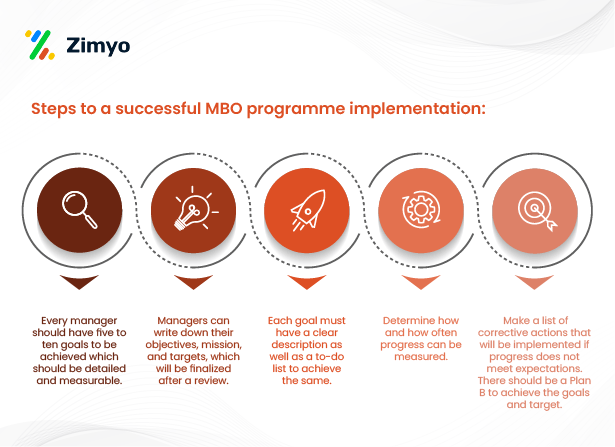
MBO focuses on setting clear goals for employees to achieve within a specific period.
Questions to Include:
- How many years have you been with our organization?
- Do you feel your goals are achievable within the given time frame?
- Are you satisfied with the performance management system in helping you achieve your goals?
- Do you believe that you’re given enough resources to complete your objectives?
2. 360-Degree Feedback
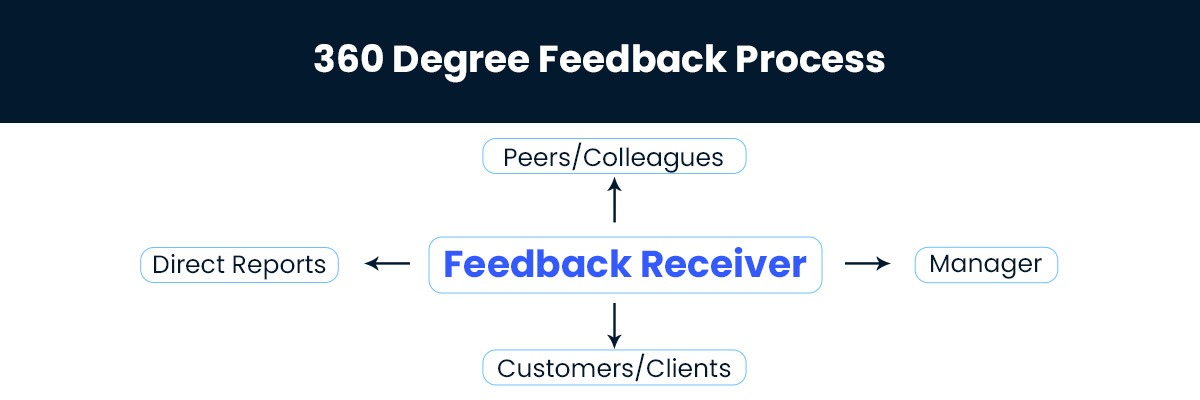
This method gathers feedback from an employee’s peers, managers, and even customers.
Questions to Include:
- Do you feel the 360-degree feedback method accurately measures your performance?
- Do you believe feedback from your peers is valuable in improving your performance?
- Are promotions and salary increases aligned with the feedback you receive.
This method helps ensure that appraisals are not one-sided and take into account various perspectives.
3. Behaviorally Anchored Rating Scales (BARS)
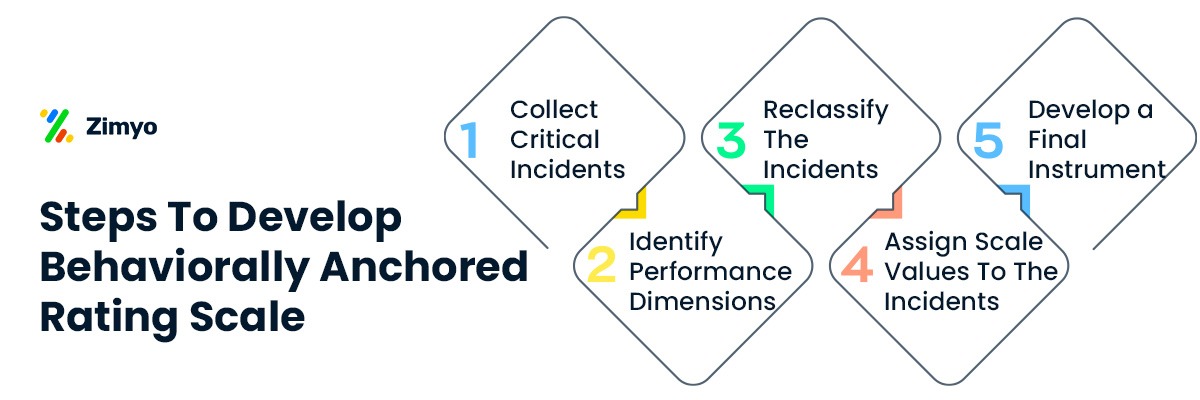
BARS compares employee performance to specific behaviors that define each rating level.
Questions to Include:
- What do you think are your biggest strengths and weaknesses?
- How well do you collaborate with your team?
- On a scale of 1 to 10, how would you rate your current performance?
The Role of Data in Performance Appraisal
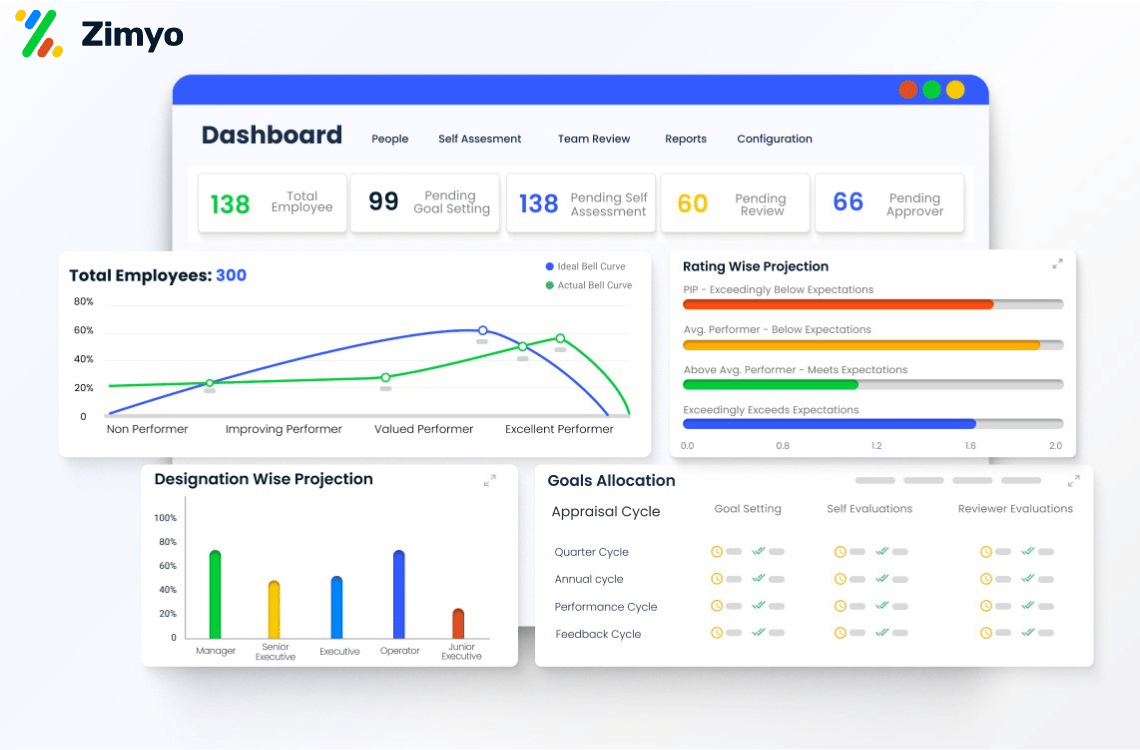
Did you know that 85% of organizations use performance appraisals to make important decisions about promotions and compensation? A well-structured Performance Appraisal Questionnaire should use both qualitative and quantitative data to help make these decisions.
For example, if you ask, “On a scale of 1 to 10, how would you rate your current performance?”, you can easily quantify the feedback and track improvements over time.
Examples of Performance Appraisal Questions
Here’s a sample list of questions you can include in your Performance Appraisal Questionnaire:
1. General Performance:
- How do you rate your overall performance this year?
- Do you believe you met your key performance indicators (KPIs)?
- What was your biggest achievement this year?
2. Team Collaboration:
- How would you rate your ability to work with your team members?
- What steps have you taken to improve team communication?
3. Future Goals:
- What are your professional development goals for the next year?
- What resources do you need to achieve your future goals?
4. Feedback & Development:
- Do you feel you receive enough feedback from your manager?
- How do you think the performance appraisal process could be improved?
Conclusion
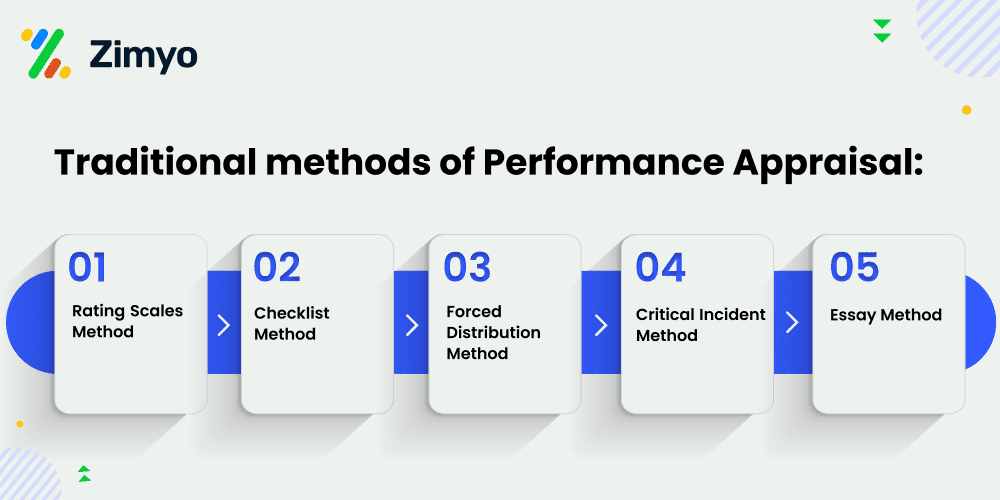
Your Performance Appraisal Questionnaire is more than just a formality. It’s a crucial tool that can drive employee engagement, foster development, and improve overall organizational performance. By asking the right questions, you’ll not only gather valuable insights but also show your employees that you care about their growth and success. So, why wait? Start drafting your Performance Appraisal Questionnaire today and make every performance review a meaningful one!
FAQs (Frequently Asked Questions)
Performance Review Questions: Overall Performance
1. What accomplishments this quarter are you most proud of?
2. Which goals did you meet? Which goals fell short?
3. What motivates you to get your job done?
In this method, various sources of information are reviewed before speaking with the employee face-to-face.
They are Management by Objectives (MBO), Behaviorally Anchored Rating Scale (BARS), Assessment Centre, 360-degree feedback, psychological appraisal, and Human Resources Accounting Method.
Your Complete Guide to Employee Engagement Surveys
Top 10 Factors to Help You Choose Payroll Software for Small Business
Qualitative and Quantitative Measures in Performance Reviews: A Comprehensive Guide
Management By Objectives | Meaning
Top Performance Appraisal Methods Followed by Employers to Boost Employee Morale


